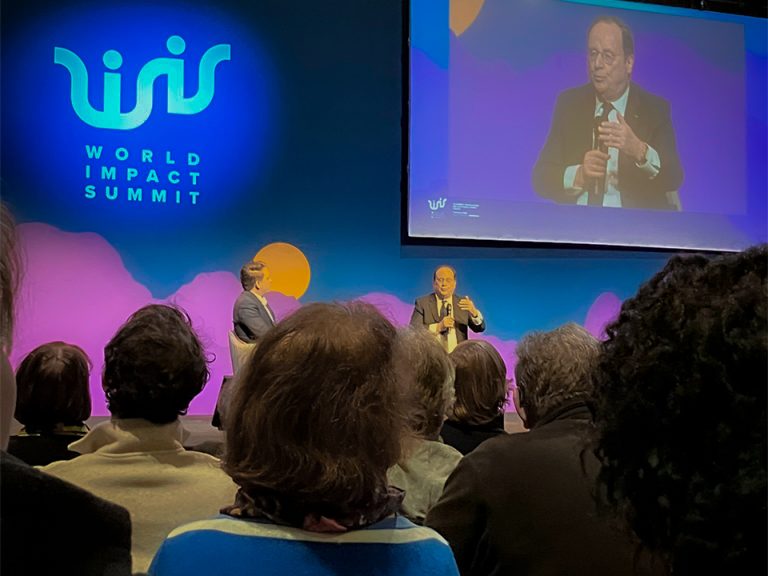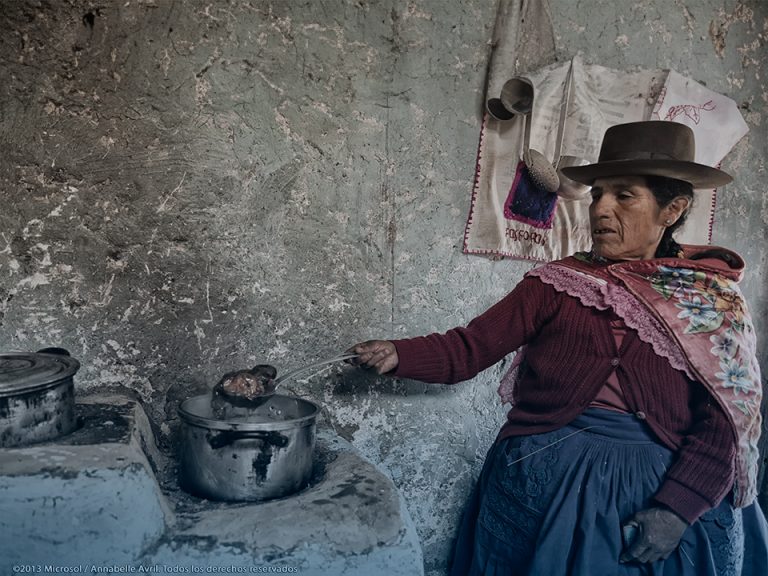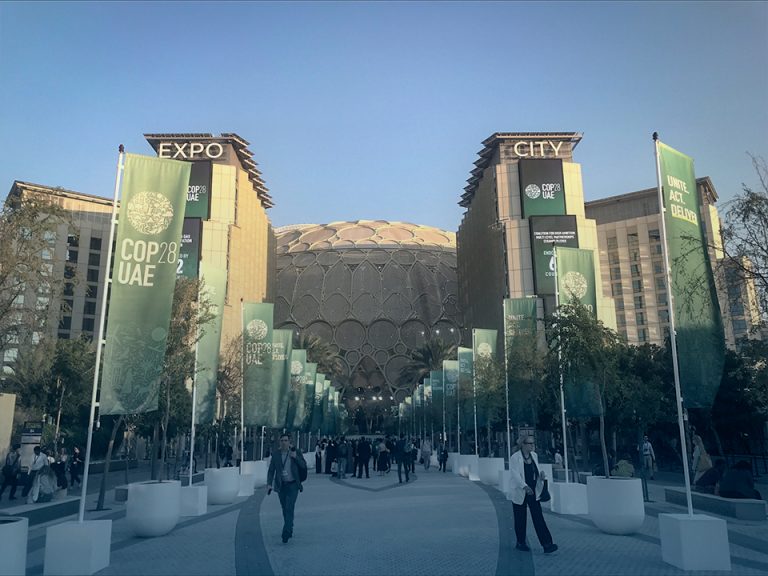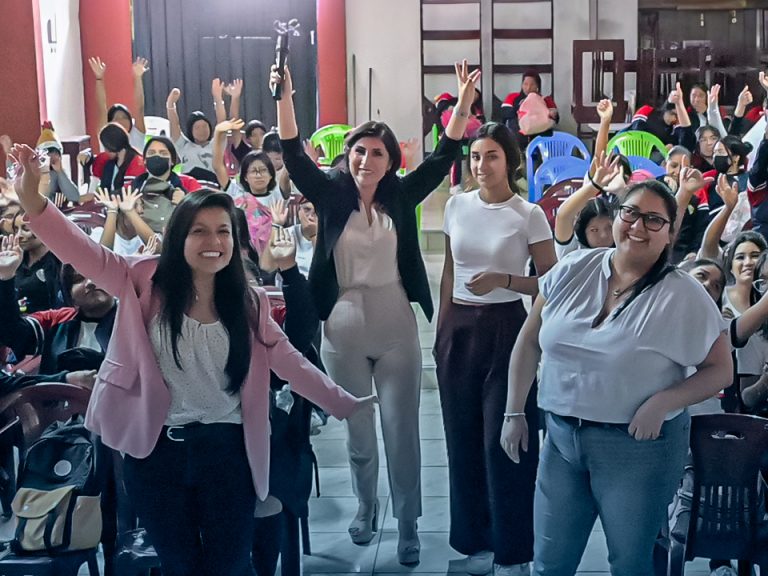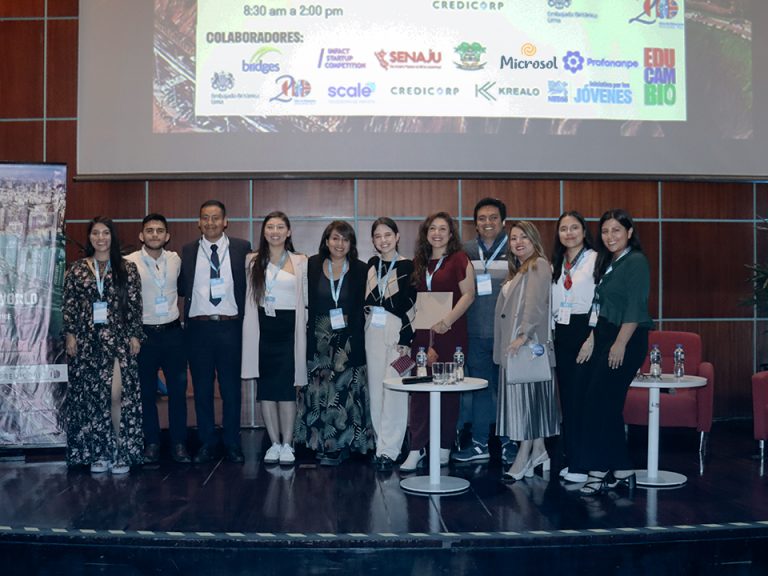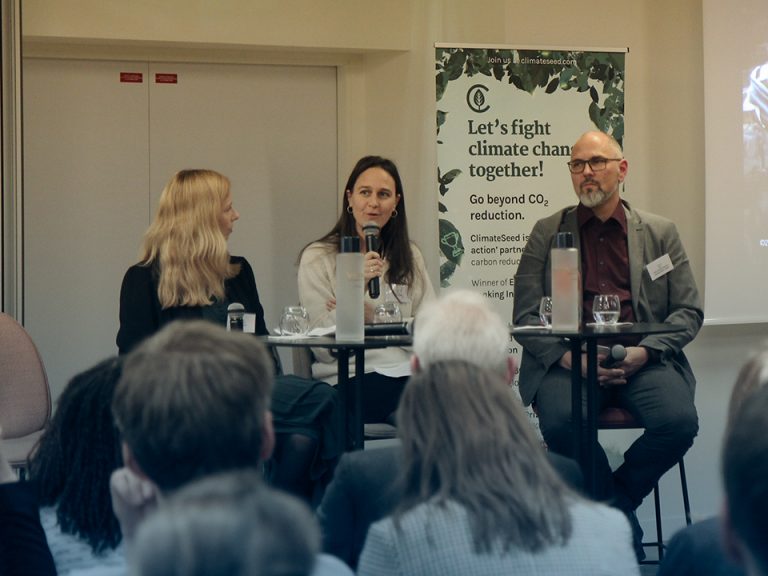With the aim of improving technical capabilities, promoting the implementation of improved stoves with greater efficiency and strengthening coordinated work with the State, Microsol visited the Evaluation and Certification Laboratory of improved biomass stoves of the National Training Service for the Construction Industry – SENCICO, located in Los Olivos.
During the visit, held on October 25, the technical team was able to learn about the different tests that SENCICO performs when it comes to certifying an improved kitchen. Among these, the tests of energy aspects and that of intradomiciliary contamination stand out; both generate extremely important information to be able to guarantee the reduction of greenhouse gases

About Improved Cookstoves
The implementation of improved stoves provides multiple social and environmental benefits, among these are the reduction of indoor pollution, the reduction of costs and time invested in collecting firewood for fuel and cooking food. From an environmental perspective, improved stoves also contribute to the reduction of greenhouse gas (GHG) emissions by being more efficient and help reduce pressure on local forests by requiring less firewood for cooking.
About Microsol
Microsol is a Franco-Peruvian social enterprise that seeks to promote the installation of improved stoves as a strategy to contribute to the reduction of greenhouse gas emissions and the well-being of rural communities vulnerable to the effects of climate change.


